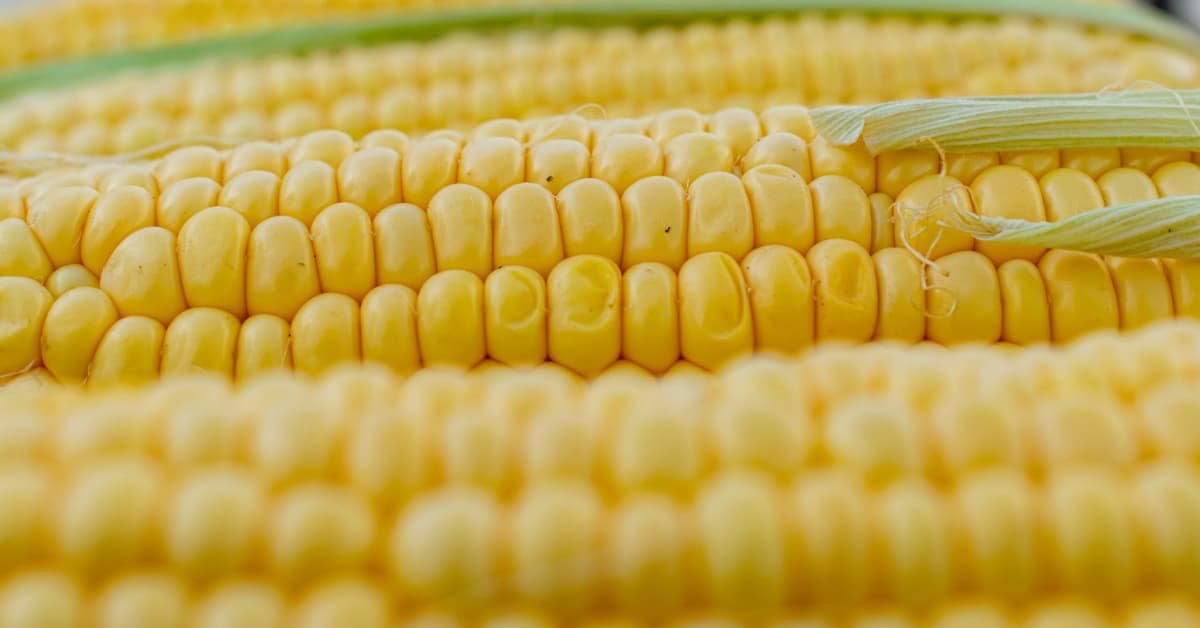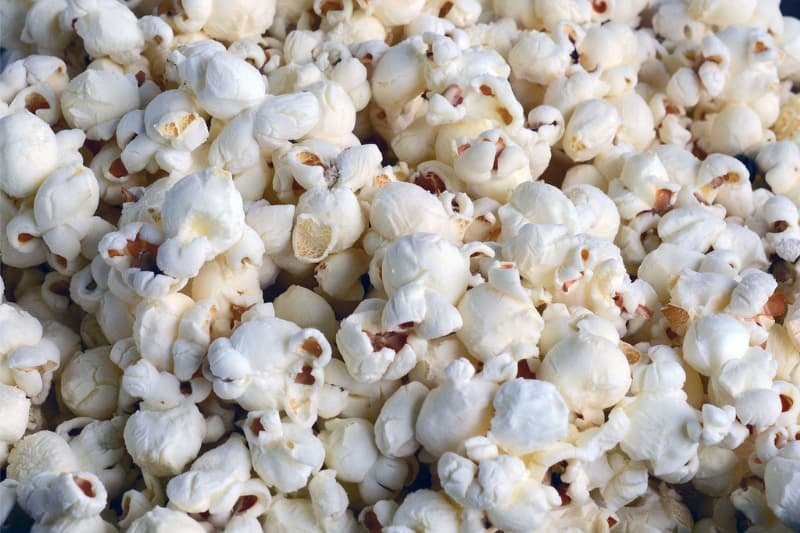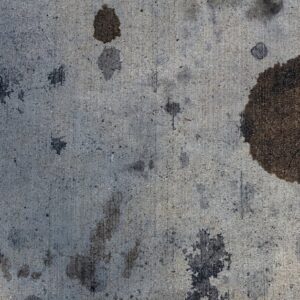
Coincidentally, as I was preparing my dog’s meal, I found myself staring at a bag of corn. It made me wonder, can dogs eat corn?
I did some research and found that corn is a common ingredient in many dog foods. However, the answer to whether dogs can eat corn on their own is not as straightforward as one might think.
In this article, we will explore the pros and cons of giving corn to dogs and provide safety measures to consider when feeding it to them. Additionally, we will discuss other human foods that dogs can and cannot eat.
So, if you’re curious about whether your furry friend can enjoy a serving of corn or not, keep reading to find out.
Short Summary
- Dogs can safely eat corn, but it’s important to consider safety measures such as avoiding corn on the cob.
- Corn is a good source of protein, carbohydrates, fat, fiber, vitamins, linoleic acids, and antioxidants for dogs.
- Popcorn can be a fun and occasional treat for dogs, but avoid salted and buttered varieties and be cautious of kernels that don’t pop.
- Onions are toxic to dogs and should be avoided, but carrots are a good source of vitamins and fiber.
Corn and Dogs
Let’s dig into the corn and dogs debate, and see if we can separate the kernels of truth from the husks of misinformation.
Corn is a popular and inexpensive grain found in many dog foods, and it provides several health benefits for our furry companions.
It is a good source of protein, carbohydrates, fat, fiber, vitamins, linoleic acids, and antioxidants.
It is also safe for most dogs to eat, and true food allergies in dogs are relatively uncommon, with corn not being a significant problem.
However, potential risks should be considered when feeding dogs corn.
Dogs should not eat corn on the cob, as it can cause choking and intestinal blockages.
Signs of distress in dogs after eating corn cob include vomiting, straining during defecation, loss of appetite, stomach pain, whimpering, and restlessness.
Therefore, it’s best to remove the kernels from the cob before sharing them with our furry companions.
Additionally, we should avoid feeding our dogs corn with unhealthy additives, as they can upset their digestive system.
Safety Measures
We should always consider safety measures when it comes to sharing human food with our furry friends, especially when it comes to corn.
While corn is generally safe for dogs to eat, there are potential risks that must be taken into account.
For example, dogs should never be allowed to eat corn on the cob, as it can cause choking and intestinal blockages.
If your dog does ingest a corn cob, look out for signs of distress such as vomiting, straining during defecation, loss of appetite, stomach pain, whimpering, and restlessness.
However, it’s important to note that corn also has nutritional benefits for dogs.
It’s a good source of protein, carbohydrates, fat, fiber, vitamins, linoleic acids, and antioxidants.
In fact, corn is a popular and inexpensive grain found in many dog foods.
As long as it’s free of unhealthy additives, corn can be shared with dogs off your plate as a healthy and tasty treat.
Just remember to always consider safety measures and monitor your dog’s reaction to any new food.
Sharing Corn with Dogs

Indulging your furry companion with a plate of corn sans the cob could be a nutritious and delectable treat.
As mentioned earlier, corn is a good source of protein, carbohydrates, fat, fiber, vitamins, linoleic acids, and antioxidants.
However, it’s important to note that not all corn-based treats are safe for your dog.
Corn-free dog food options are available for dogs with allergies or sensitivities to grains.
When sharing corn with your dog, make sure it’s free of unhealthy additives such as salt, butter, or seasonings.
To help you better understand the potential health benefits of corn for dogs, we’ve created a table below.
Keep in mind that corn should not replace a balanced diet and it’s always best to consult with your veterinarian before making any changes to your dog’s diet.
Potential Health Benefits of Corn for Dogs
| Provides Energy | Corn is a great source of easily digestible carbohydrates, which can provide your dog with a quick energy boost. |
| Supports Digestive Health | The fiber found in corn can help regulate your dog’s digestive system and promote healthy bowel movements. |
| Promotes Healthy Skin and Coat | Corn contains linoleic acid, an essential fatty acid that promotes healthy skin and coat for dogs. |
| Helps Maintain Strong Bones | Corn is a good source of phosphorus, a mineral that is essential for strong bones and teeth in dogs. |
| Boosts Immune System | Corn is rich in antioxidants, which can help boost your dog’s immune system and protect against disease. |
Overall, corn can be a nutritious and tasty addition to your dog’s diet when consumed in moderation and in the right form.
As always, it’s important to prioritize your dog’s overall health and well-being by providing them with a balanced and appropriate diet.
Popcorn for Dogs

Popcorn can be a fun and occasional treat for our furry friends, as long as it’s plain and free of unhealthy additives.
Dogs love the crunchy texture and the extra energy boost from the fiber and carbohydrates in popcorn.
However, owners should be mindful of proper portion sizes and avoid salted and buttered varieties.
Pre-packaged and flavored popcorns contain unhealthy additives that can upset a dog’s digestive system.
Additionally, popcorn kernels that don’t pop are not digestible and can cause gastrointestinal upset.
It’s also important to note that popcorn stuck between a dog’s teeth can lead to tooth decay and gum disease.
If you’re looking for popcorn alternatives, there are plenty of healthy snack options for dogs.
Carrots, for example, are a great source of vitamins and fiber and can be a tasty and crunchy snack for your pup.
Nuts can also be safe for dogs to eat, but some varieties can be unsafe and should be avoided.
When in doubt, it’s always best to consult with your veterinarian before introducing any new foods to your dog’s diet.
Nuts, Carrots, and Onions
Carrots are a bright and crunchy snack that provides essential vitamins and fiber for our furry companions.
They are low in calories and high in nutrients, making them an ideal treat for dogs.
Carrots not only promote dental health by scraping away plaque and tartar, but they also support healthy vision and immune function.
Additionally, they’re a good source of beta-carotene, which can be converted into vitamin A in the body.
However, it’s important to note that excessive consumption of carrots can lead to digestive issues such as diarrhea, so they should be given in moderation.
Some nuts can be a healthy addition to a dog’s diet, but caution should be taken as not all varieties are safe.
Nuts such as almonds, peanuts, and cashews are generally safe for dogs in small quantities.
But macadamia nuts, walnuts, and pecans can be toxic and cause symptoms such as vomiting, hyperthermia, and muscle tremors.
Nut allergies in dogs are also possible, so it’s best to introduce new nuts slowly and monitor their reaction.
Onions, on the other hand, should always be avoided as they contain compounds that can damage a dog’s red blood cells and cause anemia.
Overall, while nuts can provide some health benefits, it’s important to do your research and consult with a veterinarian before incorporating them into your dog’s diet.
FAQs:
Can corn cause any health problems in dogs if they eat it too often?
Corn is a nutritious grain for dogs, but too much of it can lead to weight gain and digestive issues. Corn-based dog foods may not be the best option for all pets. Consult with a veterinarian to determine the appropriate diet for your dog.
Are there any specific breeds of dogs that should not eat corn?
Some breeds may have a corn allergy, but it’s rare. Corn-free diets for dogs are available, but corn is a good source of nutrition. Symbolically, corn represents a balanced diet, and allergies to it are a reminder to vary our pets’ food.
How much corn can I share with my dog from my plate without it being harmful?
When sharing corn with your dog, keep the serving size small and free of unhealthy additives. Corn is a good source of protein, fiber, and antioxidants, but can also pose health risks. Consider sharing alternatives such as carrots or plain, air-popped popcorn.
Are there any benefits to feeding my dog popcorn as a treat?
Popcorn varieties can be a healthy and enjoyable treat for dogs when made at home without additives. High in fiber and energy, air-popped popcorn is a great alternative to salted and buttered varieties.
What types of nuts are safe for dogs to eat and which ones should be avoided?
Some nuts are safe for dogs, but macadamia nuts are dangerous and can cause vomiting, tremors, and hyperthermia. Almonds, on the other hand, can provide nutritional benefits for dogs, including protein, healthy fats, and fiber.



